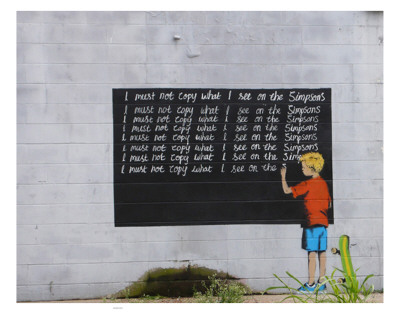For example, I usually spend about a half-hour a day cleaning my apartment, and that doesn't really keep up with it. I made two decisions about my cleaning that I am completely happy with. First, I invested in a Roomba. It takes me four minutes a day to clean my Roomba, and my floors are sparkling clean and vacuumed daily. For an investment of about $179 (plus tax, minus the 20% off coupon I had), I can eliminate 20 minutes per week of vacuuming and part of the dusting, and get a much better job on my floors (if you're wondering, the Roomba really does a great job, and really picks up that much stuff every day!). In fact, I am spending about 8 minutes more a week to go from a once-weekly vacuuming to a daily vacuuming, thus saving myself about 120 minutes a week in the transition. That's two hours a week to do something I like better than vacuuming, and I still get all the benefits of daily vacuuming!
The second decision I made was to hire someone to clean. Many people, including my parents, see this as an extravagance. I see it as time created. It takes me about 4 hours a week to clean, and I'm not spectacular at it. But in half an hour, I can make enough to hire someone to come in once a week to clean for four hours. Even if I spend half an hour supervising her, that gives me 3 hours a week to invest in writing more articles, or creating more backlinks, or designing more Zazzle products. And rather than interrupting my schedule with random cleaning bursts here and there, I start each Monday afternoon with a sparkling clean house!

In the same vein, I pulled out my slow cooker to cook, rather than cook on the stove for each meal. Four minutes' worth of attention, and in three to four hours, lunch or dinner is ready, and I have leftovers for when I'm pressed for time. (As a matter of fact, I have to drive about an hour and a half a week, and I'm considering a 12-volt accessory to use in my car to put that time to better use . . . but which one?)
So if you need more time for writing, or anything else, the best way to find that time is to isolate the least productive thing you do. In my case, it was cleaning. A year ago, the way my furniture was arranged, it was unproductive. An interior designer put it right in about three hours, and ever since then, I've been much more organized, and there's no telling how much time I've saved in the past year!) Then figure out an efficient way to outsource that task; barter for it if you can't afford upfront payments (even a three- or four-way barter, or some sort of time bank). By eliminating the most unproductive parts of your routine in outsourcing them to someone who either does it better and faster, so that you save money in the long run, or to someone whose time is less valuable than yours, you can get what amounts to more than twenty-four hours in a day!














